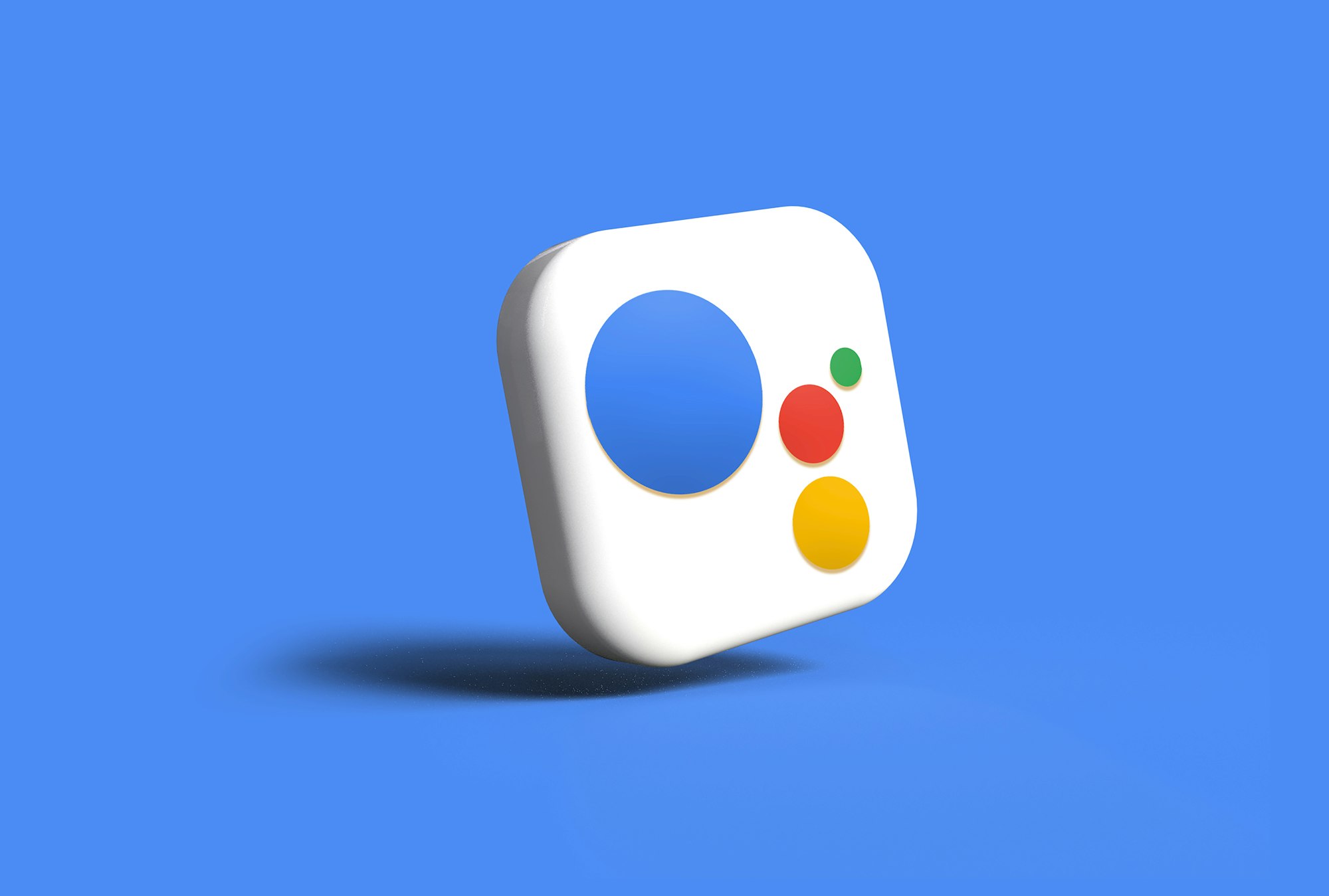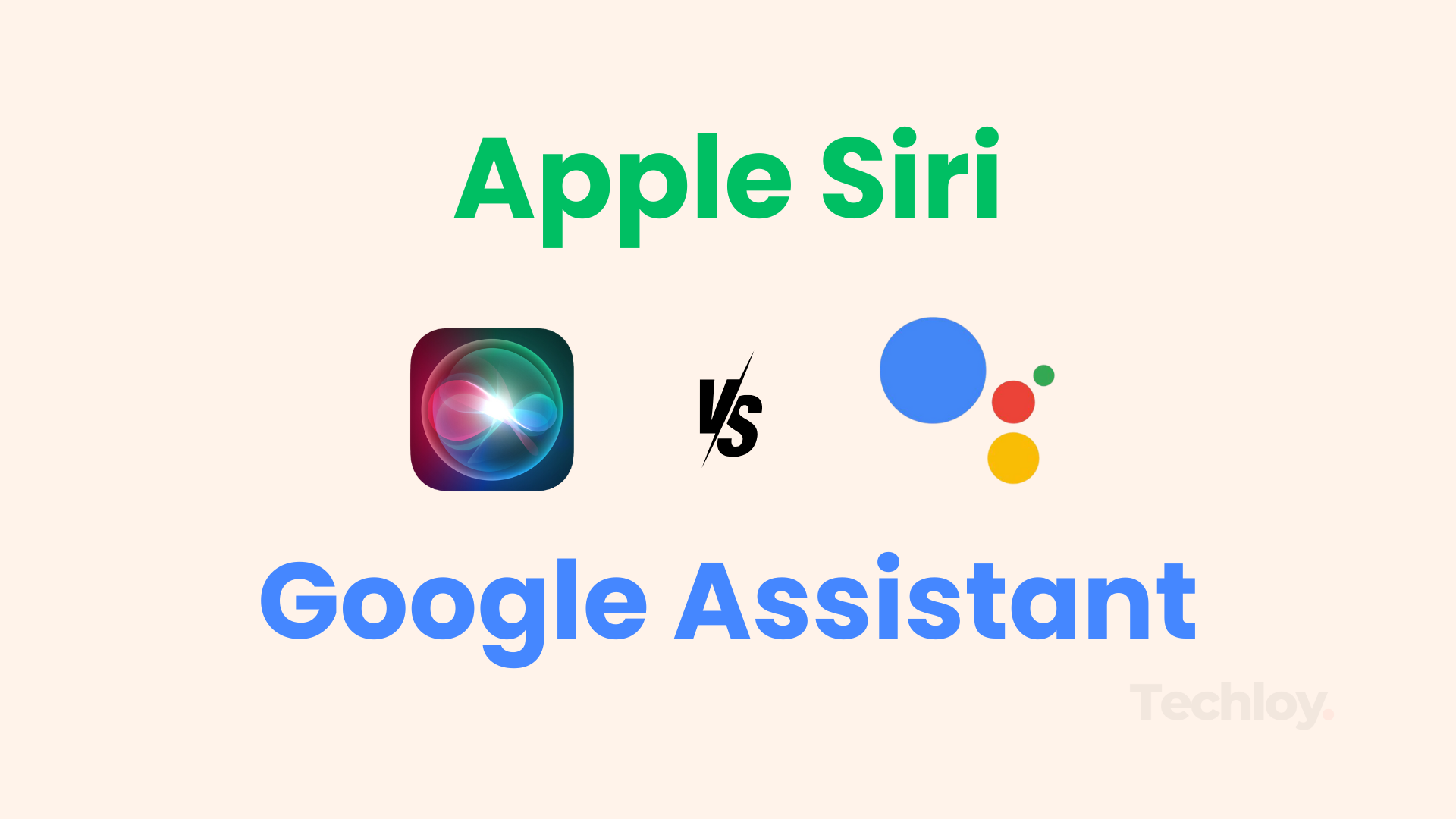INFOGRAPHIC: Google Assistant vs. Apple’s Siri: Which is the better voice assistant in 2024?
Google Assistant and Siri battle it out in 2024, but which voice assistant truly understands your needs?
Google Assistant
• Works across multiple platforms, including Android, iOS, and third-party devices.
• Excellent at answering general knowledge questions and handling follow-up queries.
• Broad smart home compatibility with IFTTT support.
• Highly personalized and contextually aware.
Siri
• Deeply integrated into Apple’s ecosystem, offering a smooth user experience.
• Exceptional hands-free communication features.
• Strong focus on privacy through on-device processing.
• Works well with HomeKit-enabled smart devices.
Google Assistant
• Relies heavily on data collection, which may raise privacy concerns.
• Less seamless integration with communication apps compared to Siri.
Siri
• Limited to Apple devices, restricting flexibility.
• Smart home compatibility lags behind Google Assistant.
Voice assistants have come a long way from being simple novelty tools to becoming indispensable digital companions. In 2024, Google Assistant and Apple’s Siri continue to dominate the voice assistant space, offering unique features tailored to different audiences.
Whether you’re automating your smart home, navigating traffic, or just looking for quick answers, the choice between Google Assistant and Siri depends on your ecosystem, preferences, and needs.
Let’s break down how they stack up in the battle of AI assistants across key features like platform compatibility, communication, smart home integration, and more.

#1: Platform Compatibility
The devices you own play a massive role in determining which voice assistant works better for you.
Google Assistant offers unparalleled compatibility, working natively on Android smartphones, Google Nest smart devices, and even third-party gadgets like smart TVs and speakers. It also extends its reach to iOS through the Google Assistant app, making it accessible regardless of the device ecosystem.
Siri, on the other hand, is exclusive to Apple devices, such as iPhones, iPads, Apple Watches, and HomePods. While its tight integration within Apple’s ecosystem ensures smooth performance, this exclusivity limits its reach for those who don’t fully commit to Apple products.







